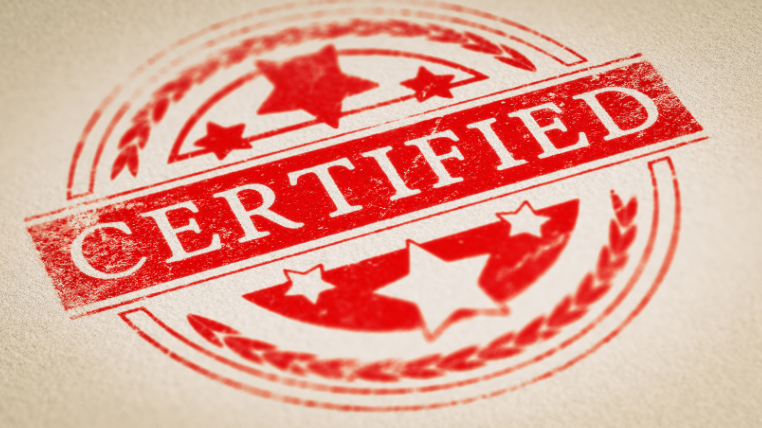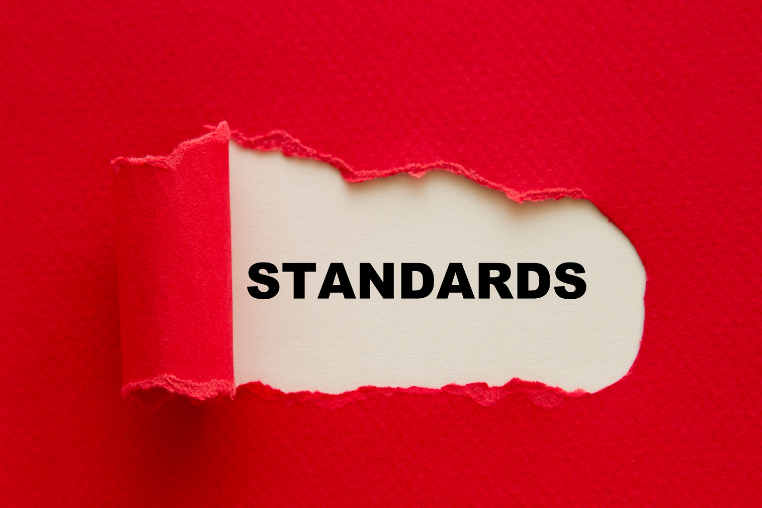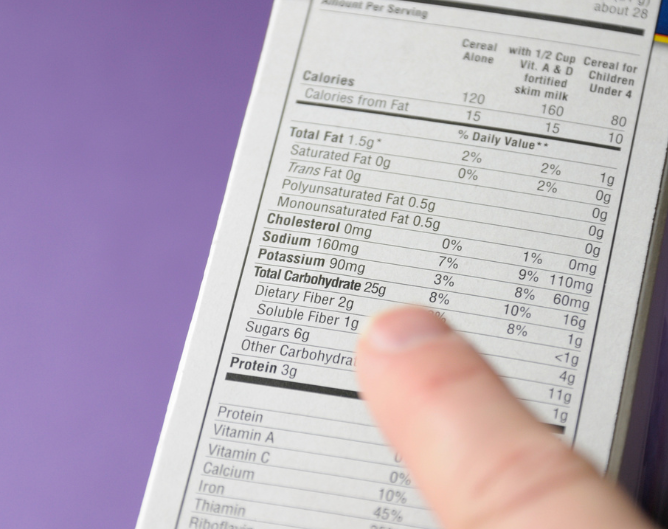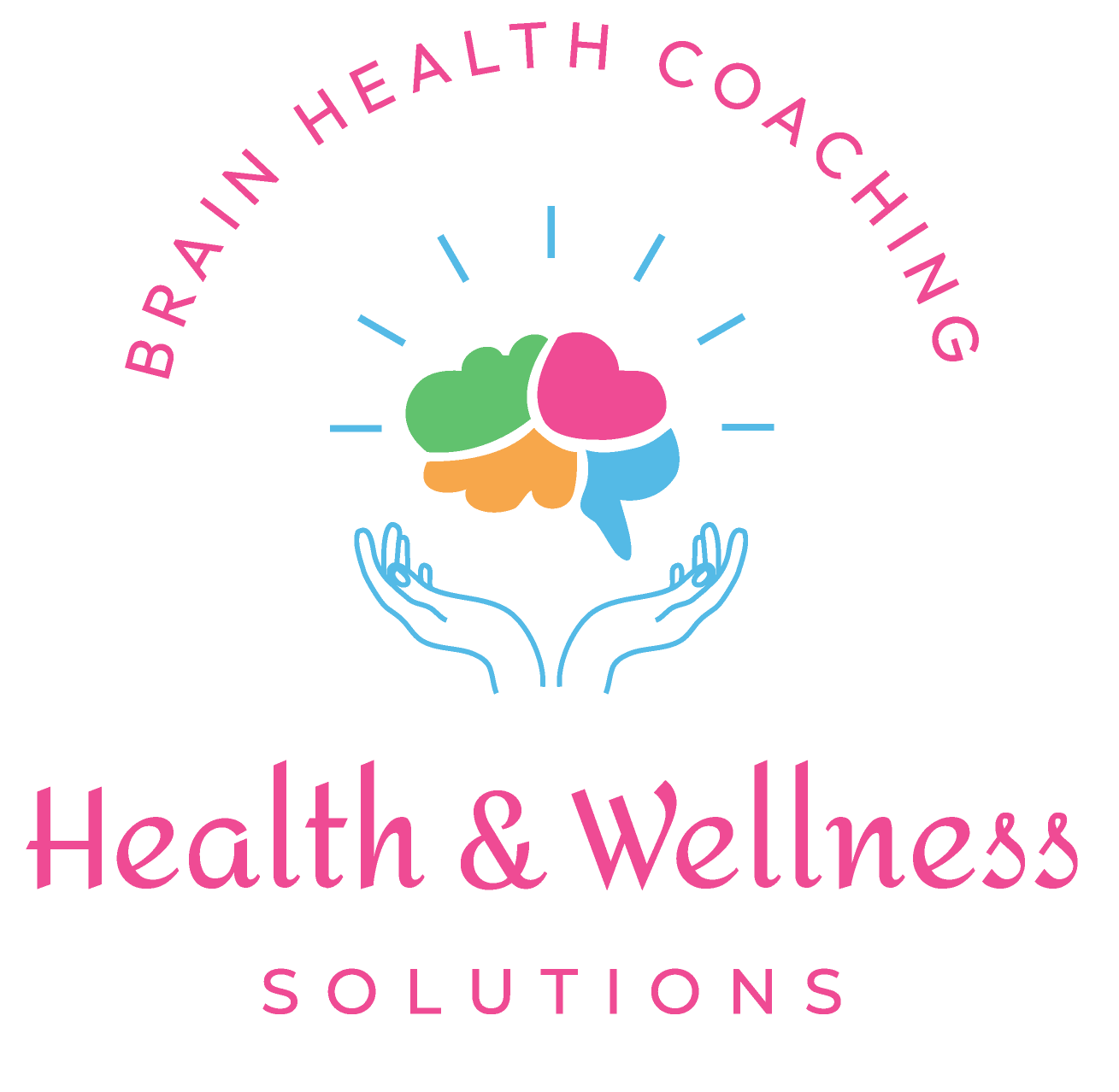Are You Really Getting What’s on the Label?
When it comes to supplements, it’s easy to feel overwhelmed by all the options on the market. With so many brands and labels, how can you be sure you’re choosing a high-quality product?
Did you know that the U.S. Food and Drug Administration (FDA) doesn’t verify the contents of dietary supplements? This means that what’s listed on a supplement label may not always reflect what’s inside. That’s where third-party certifiers step in, testing products to ensure they meet label claims.
This means that the FDA doesn’t even review dietary supplements for safety or effectiveness!!!!!!
This why one key factor to consider to assure you are buying quality supplements is third-party certification.
Third-party certifications provide an extra layer of assurance that the supplements you’re purchasing meet strict quality standards. Whether you’re looking for a product free of animal ingredients, want to ensure your supplements are free of banned substances, or simply want peace of mind that what’s on the label is accurate, third-party certifications are a helpful tool in making informed decisions.

What Are Third-Party Certifications?
Third-party certifications are independent programs that test and inspect dietary supplements to ensure they meet certain quality standards.
These certifiers are not affiliated with the manufacturers, which means their evaluations are unbiased. When a product is third-party certified, it has undergone rigorous testing to verify the accuracy of its label, strength, and purity.
Manufacturers voluntarily seek third-party certification to provide consumers with confidence in their products. When you see a certification seal on a supplement, it means the product has passed specific tests and inspections, giving you assurance that what you’re buying is what you’re getting.

Why Do Third-Party Certifications Matter?
Let’s face it: not all supplements are created equal. Unfortunately, some low-quality supplements may contain unlisted ingredients, contaminants, or incorrect dosages of active ingredients.
This is where third-party certifications come into play. These certifications can help protect you from potentially harmful or ineffective products.
For example, if you have allergies, accurate labeling is crucial to avoid consuming allergens. Competitive athletes, on the other hand, need to ensure their supplements are free of banned substances that could jeopardize their careers.
In both cases, third-party certifications provide the reassurance needed to make safe and informed choices.

Understanding the Standards: What Do Third-Party Certifiers Look For?
Certifiers evaluate supplements based on several key factors, including:
- Identity: Is what’s on the label actually in the bottle? This is crucial for consumers who rely on accurate labeling, whether for health reasons, like allergies, or for those trying to avoid certain ingredients.
- Strength: Does the product contain the amount of active ingredients stated on the label? Accurate dosages are important to ensure the supplement provides the intended benefits.
- Purity: Is the product free from harmful contaminants like heavy metals, pesticides, or bacteria? Pure products help protect your health and ensure you’re not ingesting unwanted substances.

The Importance of Accurate Labeling
For instance, a 2018 study found unapproved pharmaceutical ingredients in over 700 dietary supplements, many of which were marketed for sexual enhancement, weight loss, or bodybuilding. This underscores the importance of choosing supplements that adhere to high-quality standards.
Additionally, under the Food Allergen Labeling and Consumer Protection Act, supplement manufacturers are required to disclose major allergens like milk, eggs, fish, shellfish, tree nuts, and soybeans. Third-party certifications can help verify that the labeling of these allergens is accurate.

Common Third-Party Certification Programs
Several reputable third-party certification programs exist to help consumers choose high-quality supplements. Here are a few you might encounter:
- Certified Gluten-Free: This certification ensures that products contain less than 20 parts per million (ppm) of gluten, which is essential for those with celiac disease or gluten sensitivity.
- NSF Certified for Sport: This certification is designed for athletes and ensures that products are free of banned substances and contaminants.
- USP (U.S. Pharmacopeia): USP certification confirms that a product meets standards for identity, strength, purity, and performance.
- USDA Organic: This certification ensures that products contain at least 95% organic ingredients and meet strict agricultural standards.
- Non-GMO Project Verified: This certification guarantees that a product is free of genetically modified organisms (GMOs).

The Risks of Poor Quality Control
Low-quality supplements pose risks beyond just wasted money. Contaminants like heavy metals, bacteria, and pesticides can find their way into poorly regulated products, potentially harming your health.
In fact, one investigation found that four out of five herbal supplements pulled from the shelves of major retailers didn’t contain the herbs listed on their labels. Instead, these products contained cheap fillers or contaminants.
By choosing supplements with third-party certifications, you reduce the risk of consuming products that may be mislabeled or contaminated. These certifications act as a safety net, helping you make smarter decisions for your health.

Final Thoughts: Making Informed Decisions
When it comes to choosing supplements, quality matters. Third-party certifications can give you the confidence that your supplements are safe, accurately labeled, and free from harmful contaminants.
Next time you’re shopping for supplements, look for certification seals on the label or check the manufacturer’s website for certification details.
And remember, while third-party certifications offer reassurance about a product’s quality, they don’t guarantee effectiveness. It’s always a good idea to consult with your healthcare provider to determine which supplements are right for your individual needs.
By staying informed and choosing certified supplements, you’re taking a step toward better health and peace of mind.

Eileen Allosso, a Nurse Practitioner and Clinical Neurology Specialist, offers Brain Health Coaching that transcends traditional approaches. She empowers women aged 45 to 70 to overcome brain fog, memory lapses and other cognitive issues through tailored, holistic methods. With Eileen, embark on a journey that leads you to your desired goals of feeling like your younger self again, conquering fears around growing older, and aging vibrantly!

